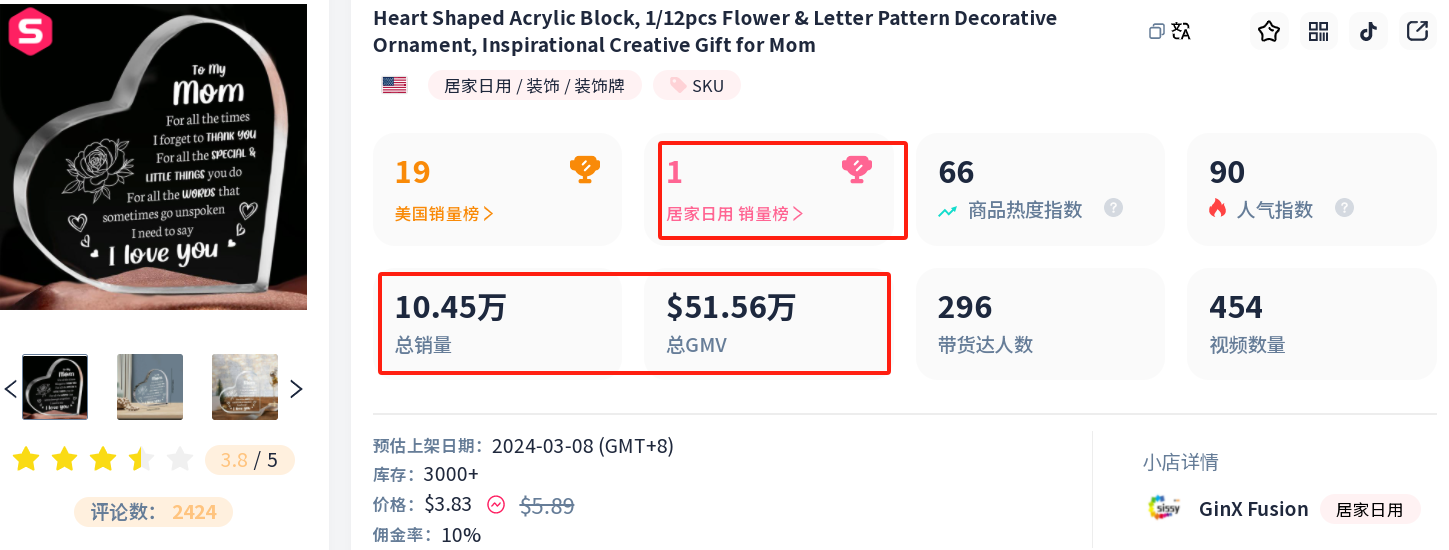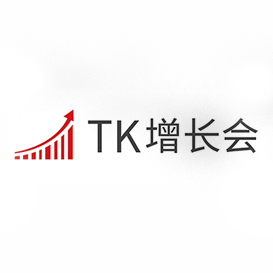TikTok and ByteDance Challenge U.S. Law Aiming to Force Sale

TKFFF · 2024-05-08 15:26
 Quiver Quantitative - TikTok and its parent company ByteDance have filed a lawsuit in the U.S. Court of Appeals for the District of Columbia Circuit to block a new law signed by President Joe Biden, which requires the sale of the short video app or imposes a nationwide ban by January 19, 2025. In their lawsuit, the companies argue that the law violates the U.S. Constitution, particularly First Amendment free speech protections. "For the first time in history, Congress has enacted a law that subjects a single, named speech platform to a permanent, nationwide ban," they stated. The law was signed by Biden on April 24, mandating the divestiture of TikTok by January 19, 2025, or a complete ban on its use in the U.S.
The lawsuit claims that divestiture is neither commercially nor legally feasible and would effectively lead to a shutdown of TikTok in the U.S., depriving 170 million American users of the platform. TikTok accuses Congress of advancing "speculative" concerns regarding potential Chinese access to user data and emphasizes its $2 billion investment in measures to protect American users' data. Despite this, Congress passed the measure overwhelmingly due to fears that China could spy on Americans through the app. The law also bars app stores and internet hosting services from supporting TikTok unless ByteDance divests the platform.
Market Overview: -TikTok and ByteDance sue the U.S. government to block a law demanding the app's sale or ban.
Key Points: -The lawsuit argues that the law violates free speech and a forced sale is commercially, technologically, and legally impossible. -TikTok claims it has invested heavily in U.S. user data security and proposed a national security agreement with CFIUS. -The legal battle intensifies the ongoing U.S.-China tech conflict, with potential implications for other platforms like WhatsApp.
Looking Ahead: -The lawsuit seeks to halt enforcement of the ban while negotiations with CFIUS continue. -The outcome could set a precedent for foreign-owned social media platforms operating in the U.S. -Uncertainty surrounding TikTok benefits competitors like Snap (NYSE:SNAP) and Meta (NASDAQ:META), potentially attracting advertising dollars.
The companies have also highlighted their negotiations with the Committee on Foreign Investment in the United States (CFIUS), which resulted in a 90-page National Security Agreement. This agreement included a "shut-down option," allowing the U.S. government to suspend TikTok if certain obligations were breached. However, in March 2023, CFIUS insisted that ByteDance divest its U.S. TikTok business. The lawsuit argues that the Chinese government would not permit a divestiture of the recommendation engine integral to TikTok's success.
The TikTok lawsuit underscores the escalating tensions between the U.S. and China regarding technology and internet governance. This four-year battle has raised questions about the feasibility of divesting TikTok and the ability of potential buyers to acquire it. Meanwhile, former President Donald Trump, who initially attempted to ban TikTok and WeChat in 2020, now believes security concerns should be addressed without imposing a ban. Apple (NASDAQ:AAPL)'s removal of Meta's WhatsApp and Threads from its App Store in China over national security concerns exemplifies the broader implications of this tech rivalry.
[ad]
Quiver Quantitative - TikTok and its parent company ByteDance have filed a lawsuit in the U.S. Court of Appeals for the District of Columbia Circuit to block a new law signed by President Joe Biden, which requires the sale of the short video app or imposes a nationwide ban by January 19, 2025. In their lawsuit, the companies argue that the law violates the U.S. Constitution, particularly First Amendment free speech protections. "For the first time in history, Congress has enacted a law that subjects a single, named speech platform to a permanent, nationwide ban," they stated. The law was signed by Biden on April 24, mandating the divestiture of TikTok by January 19, 2025, or a complete ban on its use in the U.S.
The lawsuit claims that divestiture is neither commercially nor legally feasible and would effectively lead to a shutdown of TikTok in the U.S., depriving 170 million American users of the platform. TikTok accuses Congress of advancing "speculative" concerns regarding potential Chinese access to user data and emphasizes its $2 billion investment in measures to protect American users' data. Despite this, Congress passed the measure overwhelmingly due to fears that China could spy on Americans through the app. The law also bars app stores and internet hosting services from supporting TikTok unless ByteDance divests the platform.
Market Overview: -TikTok and ByteDance sue the U.S. government to block a law demanding the app's sale or ban.
Key Points: -The lawsuit argues that the law violates free speech and a forced sale is commercially, technologically, and legally impossible. -TikTok claims it has invested heavily in U.S. user data security and proposed a national security agreement with CFIUS. -The legal battle intensifies the ongoing U.S.-China tech conflict, with potential implications for other platforms like WhatsApp.
Looking Ahead: -The lawsuit seeks to halt enforcement of the ban while negotiations with CFIUS continue. -The outcome could set a precedent for foreign-owned social media platforms operating in the U.S. -Uncertainty surrounding TikTok benefits competitors like Snap (NYSE:SNAP) and Meta (NASDAQ:META), potentially attracting advertising dollars.
The companies have also highlighted their negotiations with the Committee on Foreign Investment in the United States (CFIUS), which resulted in a 90-page National Security Agreement. This agreement included a "shut-down option," allowing the U.S. government to suspend TikTok if certain obligations were breached. However, in March 2023, CFIUS insisted that ByteDance divest its U.S. TikTok business. The lawsuit argues that the Chinese government would not permit a divestiture of the recommendation engine integral to TikTok's success.
The TikTok lawsuit underscores the escalating tensions between the U.S. and China regarding technology and internet governance. This four-year battle has raised questions about the feasibility of divesting TikTok and the ability of potential buyers to acquire it. Meanwhile, former President Donald Trump, who initially attempted to ban TikTok and WeChat in 2020, now believes security concerns should be addressed without imposing a ban. Apple (NASDAQ:AAPL)'s removal of Meta's WhatsApp and Threads from its App Store in China over national security concerns exemplifies the broader implications of this tech rivalry.
[ad]
文章来源:Investing
TKFFF公众号
扫码关注领【TK运营地图】

TKFFF合作,请扫码联系!

文章来源: 文章该内容为作者观点,TKFFF仅提供信息存储空间服务,不代表TKFFF的观点或立场。版权归原作者所有,未经允许不得转载。对于因本网站图片、内容所引起的纠纷、损失等,TKFFF均不承担侵权行为的连带责任。如发现本站文章存在版权问题,请联系:1280199022@qq.com
分享给好友:













